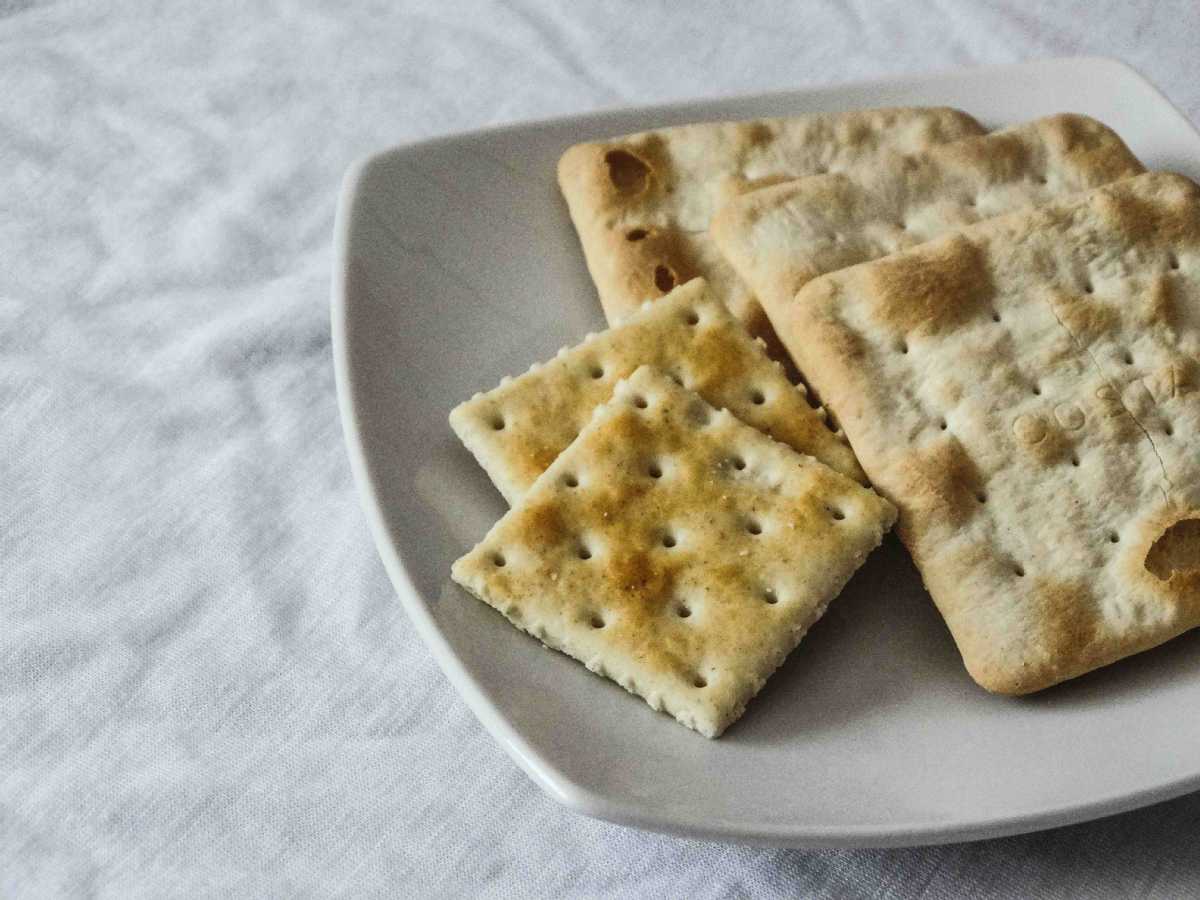双语新闻播报(March 22)
中国日报网 2024-03-22 15:56

> Health products sold on livestreams not that healthy
“零添加”食品可能并没有想的那么健康

In recent years, sugar-free products in China have surged in popularity, driven by increased health consciousness and concerns over obesity.
近年来,由于大众健康意识的提高和对肥胖问题的担忧,“无糖”食品很受市场欢迎。
Raising safety concerns about zero-sugar foods and beverages, the Shanghai Consumer Council has warned that some food products marketed through livestreams have been misleading consumers about their sugar content.
随着零糖食品和饮料在中国越来越受欢迎,上海市消保委对这些食品的安全问题表示了担忧,并警告称,一些在直播间销售的食品在含糖量方面存在误导消费者的情况。
Shanghai Consumer Council surveyed the quality of healthy foods — those claiming to be low in fat, sugar, sodium, or high in protein — sold by 100 livestreamers on 14 major e-commerce platforms, including Taobao, Douyin, and Xiaohongshu.
上海市消保委通过对淘宝、抖音、小红书等14个主要网购平台上的100个直播间销售的健康食品(声称低脂、低糖、低钠或高蛋白的食品)的质量进行了调查。
Released ahead of Consumer Rights Protection Day on March 15, the survey tested products sold by livestreamers and compared their nutritional content with claims made in their promotional material.
这项调查在“3.15”前发布,他们对直播平台销售的产品进行了检测,并将其营养成分与宣传材料中的说法进行了比较。
Of the 100 livestreamers surveyed, 83 marketed their products as sugar-free or sucrose-free, targeting specific groups such as babies with diabetes, expectant mothers, or the elderly.
在接受调查的100家直播商中,有83家以无糖或不含蔗糖的名义销售产品,针对的是“小糖人”、“孕妈妈”或“老人”等特定群体。
The council criticized the widespread “zero-additive” marketing claim, suggesting some sellers use it to falsely imply their products lack unnecessary additives like pigments and preservatives.
消保委还批评了普遍存在的以“0添加”为主要营销话术的情况,指出一些卖家利用它来虚假地暗示他们的产品没有必要的添加剂,如色素和防腐剂。
> In China, debate grows over AI-cloned celebrities
未经同意用AI“复活”已逝明星遭声讨

A surge in the practice of creating AI-cloned videos of dead celebrities has sparked criticism from their families and raised legal concerns over the protection of image and privacy rights.
近日,用AI技术“复活”逝者视频激增,引起了逝者家人的批评,并引发了对肖像权和隐私权保护的法律担忧。
From Chinese celebrities such as singer Coco Lee and actor Qiao Renliang to Western icons like Michael Jackson and Kobe Bryant, AI-generated videos on Chinese short-video platforms are bringing the dead back to virtual life, sparking renewed debates over the ethical and legal boundaries of using AI.
从李玟、乔任梁等中国明星,到迈克尔•杰克逊、科比•布莱恩等西方知名人士。中国短视频平台用AI技术“复活”已逝明星的行为愈演愈烈,引发了关于使用人工智能的伦理和法律界限的新讨论。
Creating a customized 60-second video of a dead celebrity costs about 600 yuan, according to a Douyin-based digital resurrection service.
根据豆瓣上的“数字复活”服务,为逝去的名人定制一个60秒的视频大约600元。
To commission such a video, customers need to provide a frontal view video clip of the celebrity speaking for at least 10 seconds, along with a voice recording lasting 10 seconds or more.
要委托制作这样的视频,客户需要提供名人至少10秒钟的正面讲话视频片段,以及10秒钟或更长时间的录音。
While some content creators claim to have "resurrected" these figures in response to requests from fans, many are leveraging the videos to drive traffic to businesses specializing in digital resurrection.
虽然有些内容创作者声称是应粉丝的要求“复活”了这些名人,但也有许多人是为了带流量。
Legal experts have weighed in, suggesting that the unauthorized use of an individual's likeness through AI technology may constitute infringement and could lead to civil liabilities, especially if done without the consent of the deceased's family members.
法律方面的专家们表示,通过人工智能技术未经授权使用个人肖像可能构成侵权,并可能导致民事责任,尤其是在未经死者家属同意的情况下。
The decision to recreate or memorialize a deceased individual should be made with their family members' consent and in accordance with legal and ethical guidelines.
重现或纪念逝者的决定应征得其家人的同意,并符合法律和道德准则。
Find more audio news on the China Daily app.

















 英语点津微信
英语点津微信 双语小程序
双语小程序